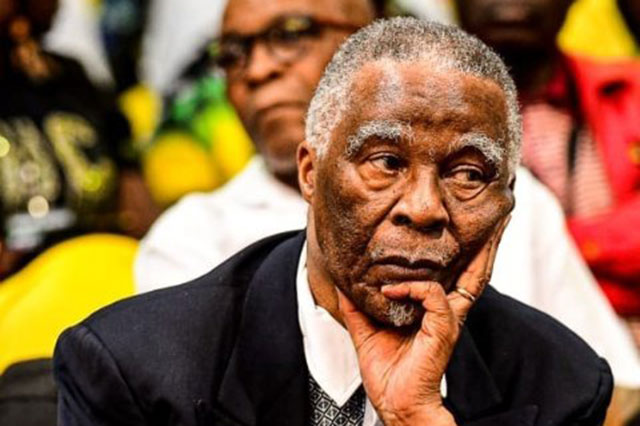“Indeed, I must say that when I have at some point spoken about some of these issues raised by some of our Afrikaner compatriots when they talk about, alienation in society, I’ve said the best place to to discuss these matters is in the national dialogue. Instead of people going to Washington to say we are being whatever, they must come to the national dialogue and make that presentation. And so that all of us, we, as South Africans, we can then discuss that.
“If you say my cultural rights as an Afrikaner are being denied, say it in the national dialogue and produce this evidence so that all of us, as South Africans, can then say what needs to be done. Because the answer to the question on what needs to be done won’t come from Washington. It must come from here,” Mbeki said.
Additionally, Mbeki criticised former ambassador Ibrahim Rasool for his remarks on Trump, stating that South Africa should pursue a foreign policy based on mutual cooperation rather than hostility.
Rasool was declared persona non grata in the US after remarks about former Trump and the rise of white supremacy.
Mbeki said he was not surprised by Rasool’s expulsion, as such comments would naturally strain diplomatic relations.
“The matter of ensuring that there are good relations is critically important as an ambassador. You are allowed what is a policy position. You can’t go around expressing negative opinions about your host. Ebrahim Rasool is an old friend of mine and a comrade but in this instance, he made a mistake. He said things about his host president which he should not have said,” Mbeki said.
“When I saw this and saw this persona non grata, I wasn’t surprised because it means, practically, you make an assessment of your host president, which is negative, then you want to sit with that president tomorrow? They won’t agree,” Mbeki said.
Although Rasool was expelled from the United States, Mbeki emphasised that South Africa should maintain diplomatic engagement with President Trump’s administration.


